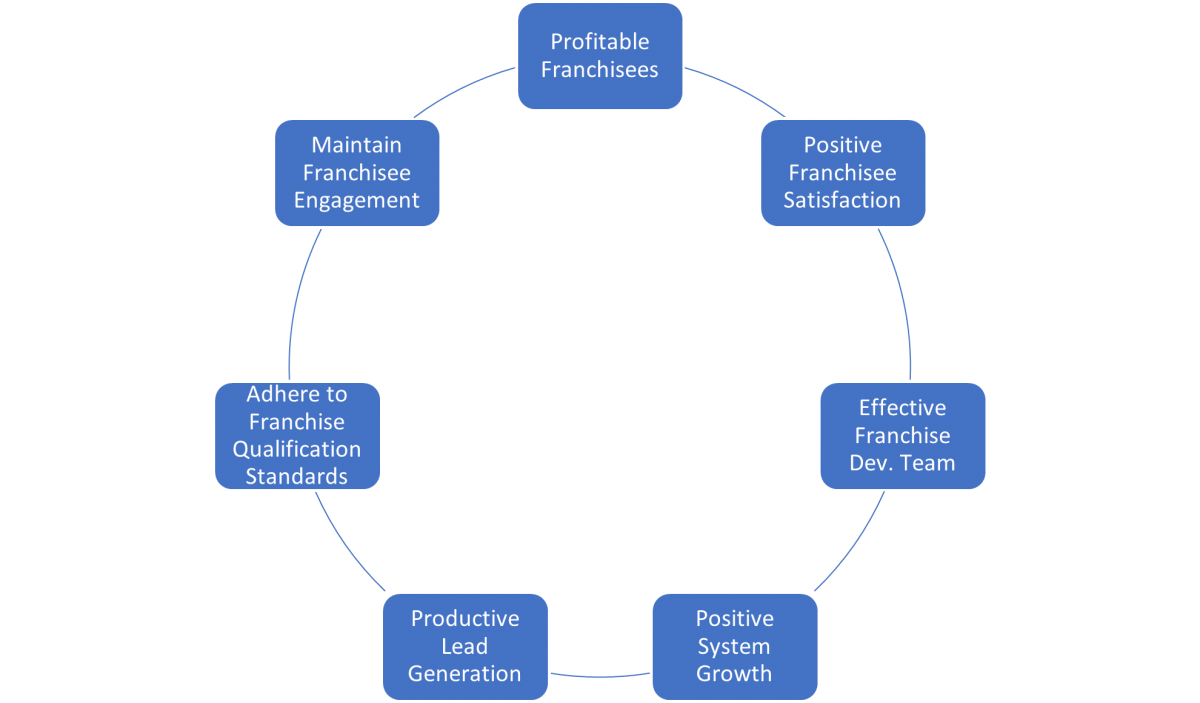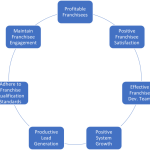A Bundles of Tumbles class in action in New Jersey
Summary: Dance and gymnastics are both excellent activities for children to participate in. Both dance and gymnastics help to increase muscular strength, flexibility, and coordination. In addition, dance involves a great deal of physical activity that improves the cardiovascular system of your child by increasing their heart rate and strengthening their muscles.
HEALTH BENEFITS OF DANCE AND GYMNASTICS FOR YOUNG CHILDREN
By: Marianne Ecanosti, Founder and President – Bundles of Tumbles
Introduction
We know that children need to be active and healthy to grow up well. But how do you get your kids off the couch and moving? Dance lessons are an excellent way for young children to get physically active. A study in the journal Pediatrics found that after only one week of dance lessons, children showed increased activity levels and improved their abilities at playing with others.
Research shows that children who participate in physical activity regularly are less likely to be obese and more likely to be healthier, fit, active, and self-confident.
Research shows that children who participate in physical activity regularly are less likely to be obese and more likely to be healthier, fit, active, and self-confident. Regular physical activity also helps reduce stress, promote good mental health and improve sleep quality.
And it’s not just about your child becoming healthy — it’s also great for you! Being active together can help you strengthen your bond with your child while staying fit at the same time.
The benefits of dance and gymnastics include increased muscular strength, flexibility, and coordination.
Dance and gymnastics are both excellent activities for children to participate in. Both dance and gymnastics help to increase muscular strength, flexibility, and coordination. In addition, dance involves a great deal of physical activity that improves the cardiovascular system of your child by increasing their heart rate and strengthening their muscles. In addition to these benefits, dance can also help with self-confidence as well as social skills development because it is an activity that encourages participation from others who may be performing alongside them.
Gymnastics teaches children how to control their bodies in motion, improving balance and coordination and overall health benefits such as increased bone density and muscle tone. In addition, gymnasts tend to have lower body fat levels than non-gymnasts due to the amount of exercise they do each week, which contributes towards an overall healthier lifestyle when combined with a balanced diet.
Learning rhythmic gymnastics movements can help children develop large muscle groups and learn spatial concepts.
Rhythmic gymnastics is a sport that combines dance, tumbling, and trampoline. This activity is excellent for improving your child’s balance, coordination and flexibility. It can also help improve their spatial awareness, control, and balance. These are all essential skills needed to perform well in school and sports like soccer or basketball.
Children enrolled in dance classes improve their spatial awareness, control and balance.
Dance and gymnastics classes are the most effective ways to improve your child’s spatial awareness, balance, and control. As a parent, you may be concerned that dance or gymnastics will make your child too hyperactive. However, research shows that children enrolled in a structured program of dance or gymnastics can lead to better self-esteem and lowered anxiety levels.
In addition to improving motor skills, these classes also help kids develop their sense of rhythm and timing. Many times when kids are dancing, they are also listening to music, so this helps them think about how the music makes them feel and how it affects their body movements and other people around them who might be dancing at the same time as well!
Children enrolled in dance lessons also have increased self-confidence, social skills, and awareness of their bodies.
This is very important in a child’s development.
• Increased self-confidence and self-esteem are significant benefits of dance lessons for young children. Dancing helps them grow into their bodies, learn about the world around them, and understand how to interact with others. By participating in classes that teach proper safety techniques (such as how to fall), they also learn about their physical limitations and boundaries for fearlessness.
A child’s confidence level can significantly affect their school experiences or extracurricular activities like dance classes. For example, the more confident a child feels about themselves, the more likely they are to try new things or speak up when they have an opinion on something important (like going out for recess!).
At Bundles of Tumbles, our mobile at-school program offers various classes that help with your child’s development through movement and music. Bundles Of Tumbles is here to help you achieve your goals with your children. Our training style is one on one, where we will work closely with you to create an individualized program for each child. We know that every child learns differently and will cater to each individual’s needs.
We offer classes for children as young as three years old, which include ballet, tap, jazz, hip-hop dance, and gymnastics classes. Courses help children develop physically, emotionally, and socially in a fun environment while building self-esteem!
Conclusion
As you can see, dance and gymnastics classes are a great way to help your child develop physical skills and self-confidence. At Bundles of Tumbles, we offer a variety of classes that help with your child’s development through movement and music.
ABOUT THE AUTHOR:
Marianne Ecanosti is the Founder and President of Bundle of Tumbles, Franchising Group, LLC.. She has teaching dance and tumbling for more than 25 years. My areas of expertise include ballet, jazz, tap and tumbling. I have taught all age groups throughout my career from toddlers through adult, but prefer to focus on pre-school through grade 5. I truly have a passion for what I do! My company, Bundles of Tumbles, is an on-site preschool gymnastics and/or dance enrichment program. We also offer online classes. Franchise opportunities now available! Find out more at https://www.bundlesoftumbles.com/

















